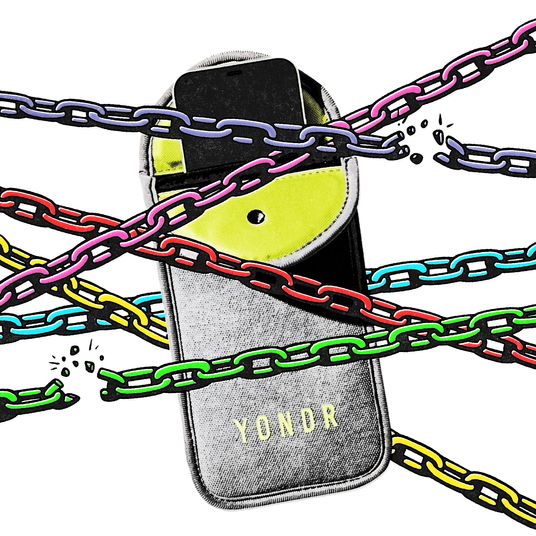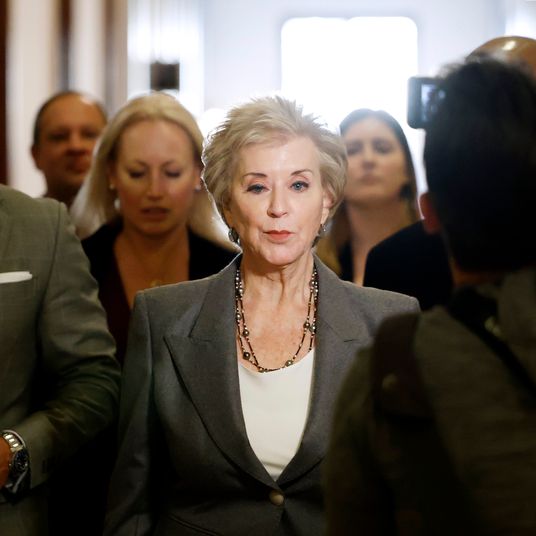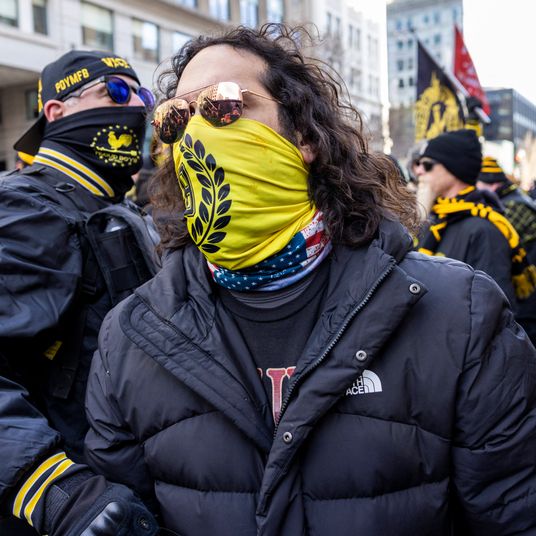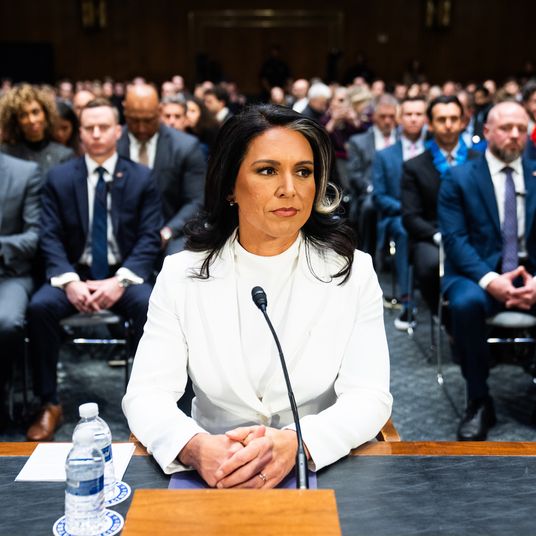In the culture war of the moment, one of the skirmishes concerns a law in Tennessee that bans teaching that “the rule of law does not exist but instead is a series of power relationships and struggles among racial or other groups.” That deeply cynical view of the very possibility of a fair legal system is one of the more controversial precepts of critical race theory. It is also the foundation of Donald Trump’s worldview.
Trump imbibed from his father the belief that the concept of a “law-abiding citizen” is — though they surely would never have used this term — a social construct. The only relevant categorical distinction in their mind is winners versus losers. Winners do what they have to, or wish to. Rules and consequences are for suckers and losers.
Trump’s ongoing struggle with Manhattan prosecutors is a test of this proposition. The indictment of the Trump Organization and its chief financial officer, Allen Weisselberg, cites a 15-year-long scheme to evade taxes by funneling money to Trump’s employees under the table, all meticulously recorded by internal documents, and compounded by the filing of false tax returns. “If we take its assertions as true, this is no ticky-tack, or foot fault, or debatable case of tax fraud,” notes NYU tax law professor Daniel Shaviro. “You might as well repeal the federal, state, and city income taxes as discover this sort of conduct and not prosecute it.” Trump’s spokespeople, paid and unpaid, insist he is being targeted for his political value. But if there is any unfairness, it is that he has escaped legal accountability for so long.
Trump’s first major role in his father’s firm was via their open defiance of federal rules banning discrimination against tenants in Fred Trump’s apartments. The Department of Justice operated on the theory that the Fair Housing Act required landlords like Trump to rent apartments to customers of any race, and sent testers to apply for vacancies. Black applicants would be told Trump’s apartments had no rooms, while white ones on the same day would be welcomed.
The Trump theory was that this law was merely a suggestion they were free to disregard. Trump “turned the lawsuit into a protracted battle, complete with angry denials, character assassination, charges that the government was trying to force him to rent to ‘welfare recipients’ and a $100 million countersuit accusing the Justice Department of defamation,” the New York Times recounted, ultimately allowing him to “wear the government down.”
That successful defiance of black-letter law set the template for Trump’s career. He did not simply cut corners. He understood that his indifference to conventional notions of ethics and legality gave him his primary business advantage. He used this advantage again and again: conspiring with his father to launder profits through dummy firms, thus defrauding the government of millions of dollars in tax payments in the 1970s and ’80s; refusing to pay contractors for services rendered, knowing they had little recourse against his legal might; running scams like the Trump Network and Trump University to bilk his targets out of their savings; using the Trump Foundation to funnel charitable donations into Trump’s campaign and pocket; all the way up to the present-day cases involving a series of crude tax scams.
The charges against Weisselberg do not include the allegations of tax fraud by Trump himself that New York prosecutors are reportedly pursuing, and will likely charge at some future point. But they indicate the pervasive criminality of his business, and at least open the possibility that Weisselberg will testify against the man whose criminal activity he helped direct and whom he reportedly worships.
If Trump has one actual ethical principle that guides him, it is that ratting is wrong and subordinates should not be allowed to strike deals with prosecutors by flipping on the boss. (He has called John Dean a “sleazebag” and a “rat” for betraying Nixon; “I know all about flipping — for 30, 40 years, I’ve been watching flippers,” he has raged.) It is a moral worldview he shares with the mobsters he worked with in New York. The law is a joke, the officials who carry it out are corrupt hypocrites, and loyalty is the one true value.
When he ran for office, Trump boasted of his ability to buy off politicians. Once there, he believed throughout his term that the government’s prosecutors worked for the president personally, and should defer to him on who to prosecute and who to allow to operate with impunity.
It is ironic that the Republican Party has become obsessed with critical race theory at a moment when its leader appears committed to vindicating its precepts. At its best, CRT can serve as a valuable critique of the inequality hidden beneath race-neutral institutions and principles; taken to extremes, it can devolve into a nihilistic battering ram, dismissing the very ideal of the rule of law as nothing but a contrivance to allow the strong to dominate the weak.
That cynical interpretation is one Trump has hewed to all along. The law is for the little people, the suckers. Society’s winners make their own rules. His belief in this ethos has taken him this far. We will see if, in the end, he was right.





























